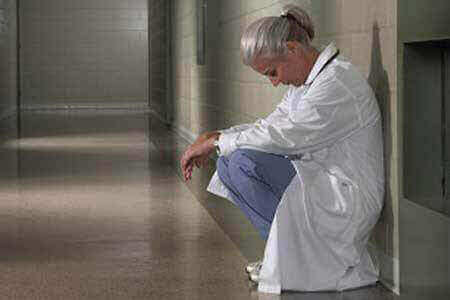Up to 20% of Healthcare providers will be affected by a mental illness or substance use disorder during their lifetime.
Physician Suicide

For more than 150 years it has been known that physicians have an increased propensity to die by suicide. Approximately 300-400 physicians die by suicide a year, or an average of a doctor a day.
In every population, suicide is almost invariably the result of untreated or inadequately treated depression or other mental illness that may or may not include a substance use disorder.
Because of their greater knowledge of and better access to lethal means, physicians have a far higher suicide completion rate than the general population. Physicians are a “high control” population (along with law enforcement, lawyers and clergy) and situations that decrease physicians’ ability to control their environment, workplace or employment conditions play a significant role in physician suicide.
There is a stigma associated with depression in almost all cultures, which seems to be greatly magnified among medical practitioners. Although physicians generally heed their own advice about avoiding smoking and other common risk factors for early mortality, they are decidedly reluctant to address depression. Depression is very common in medical students and residents, with 15-30% of them screening positive for depressive symptoms.
To some extent, physicians feel an obligation to appear healthy, perhaps as evidence of their ability to heal others.
Physicians may find it painful to share their experience of mental illness with others and feel that doing so could be risky.
The most common psychiatric diagnoses among physicians who complete suicide are affective disorders (e.g., depression and bipolar disease) alcohol and other substance use disorders. Physicians experience mental illness and substance use disorders at the same rate as the general public, but they have the benefit of access to the services of professional health programs.
Physicians need to be aware of the existence of professional health programs in nearly every state and province, which allow a physician who is compliant with treatment to avoid disclosing mental illness or substance use disorders that do not interfere with ability to practice to licensing authorities.
